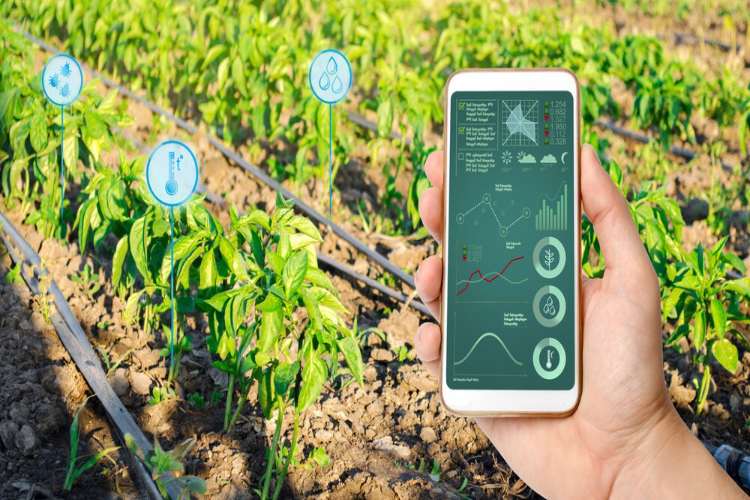The new IoT data sensor will help the coffee growers to optimize irrigation seamlessly and will water when needed
In an effort to help coffee farmers in Tanzania to boost productivity and achieve sustainability, the US based global technology firm Cisco has now announced plans to deploy an IoT solution in association with other companies. The US tech tycoon has partnered with ConSenso Project, which is a coalition among coffee farmers, Italian plant scientists from PNAT, and researchers from the Accademia del Caffè Espresso.
These forces are setting-up new IoT sensors, dubbed “listen to plants” on a Tanzania coffee farm. At the Tunasikia Farm in Utengule, Tanzania, around 65 solar backed IoT sensors have been set-up, which will collate accurate data about the soil, sun, climate, carbon capture, insects, and the electrical energy fields of the plants. It has the potential to reveal their health status and the requirements. A thorough analysis has been done and the data is transmitted over long distances to researchers in Florence, Italy, leveraging Cisco’s LoRaWAN, cloud, LTE, and collaboration solutions.
According to an exclusive report of IoT Tech News, Michele Festuccia, Senior Systems Engineer Manager at Cisco Italy, said "The technology permits us to understand the language of the plants. This is amazing to me, and it’s a perfect solution to help the farmers have a more sustainable footprint and the best success."
Due to inadequate rains because of climate change, the coffee growers in Tanzania have been cultivating more beyond their capability. But this new IoT data sensor will help the coffee growers to optimize irrigation seamlessly and will give water when needed. “We are addressing many challenges and potential advantages, for example, preserving the soil and saving water,” said Angelo Fienga, Cisco’s Director of Sustainable Solutions for EMEA. “But equally important is helping the farmers grow their businesses sustainably.”
According to Ryan Daws, senior editor at TechForge Media, ConSenso project isn’t just about improving yields, it’s also studying coffee’s potential for carbon sequestration. “We are thinking that along with other reforestation efforts around the world, coffee plants can have an impact on climate change,” Festuccia said.

















